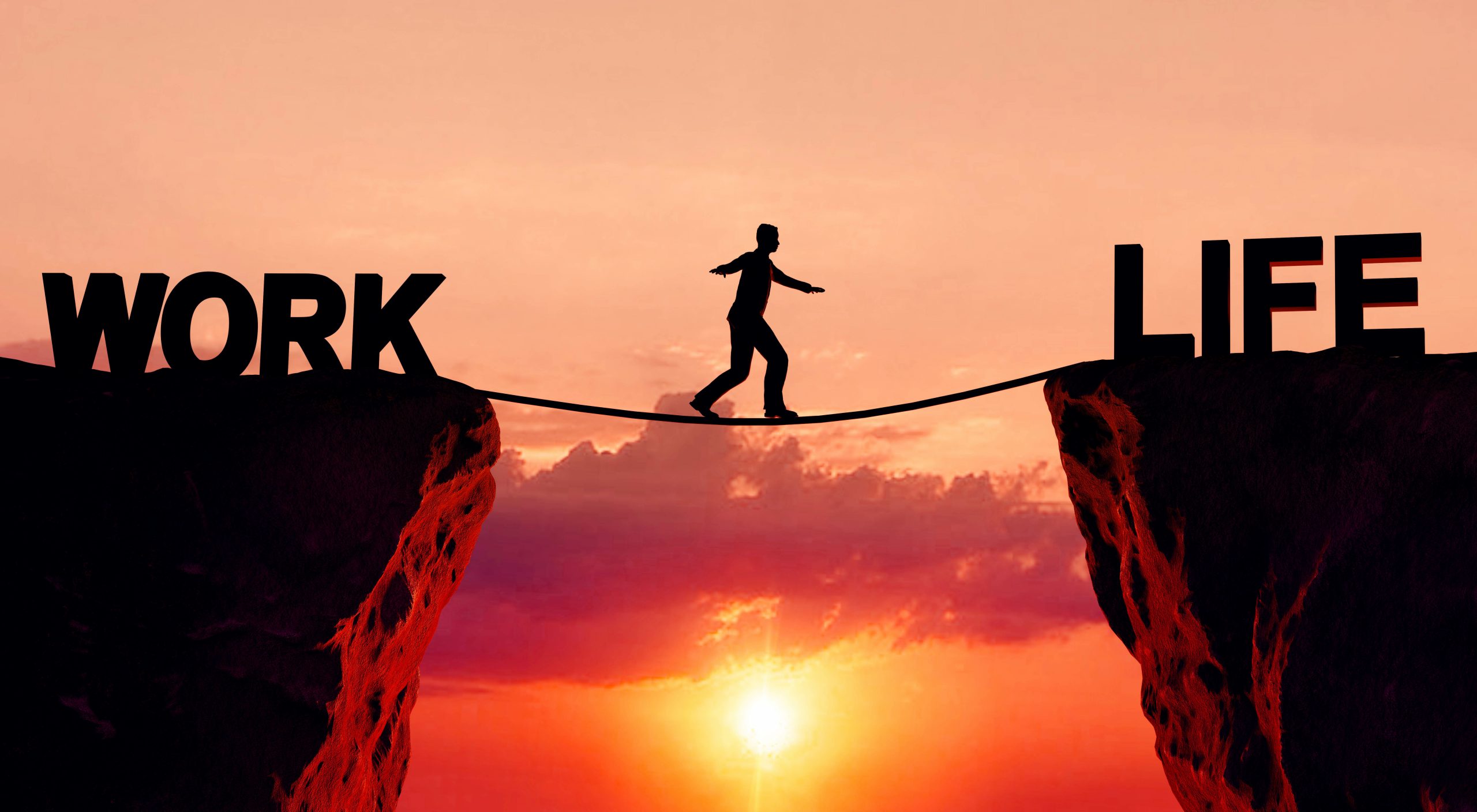Striking a healthy work life balance can be a difficult challenge in the best of times but even more daunting during times of economic uncertainly or working from home due to a global pandemic! In the modern world with some much connected technology, often used for both work and pleasure it can be really hard to switch from work mode to home mode and some now use the term “work life merging” over work life balance! Ensuring that we have a good amount of down time is crucial for our physical and mental health and makes us more productive in our working lives. Over the next week we will look twelve tips from Tim Kehl, a work life balance specialist and a company chaplain from Madison Wisconsin.
10. Exercise Your Options
Many forward-thinking companies today are creating policies and programs that facilitate work-life balance. Find out what options your business offers in terms of flex hours, telecommuting, a compressed work week, job-sharing, or part-time employment. You may find an arrangement that allows you to work more productively, while at the same time cutting stress and freeing-up valuable personal/family time. If your company does not yet have a flexible scheduling program, consider proposing one.
11. Work Smarter Not Harder
Using time more efficiently is an important skill that everyone from the receptionist to the CEO can learn. Adopting the right combination of time-management practices can cut stress and save you up to an hour a day. This can include the use of technology to become more organised, grouping emails and voice messages, avoiding procrastination and learning to say “no.”
12. Know When to Ask for Help
If you are overwhelmed at work, and it is causing undue stress don’t suffer in silence. Shed the Superwoman/Superman image and explain your situation to your boss or supervisor. Untenable work situations can usually be alleviated, but it will take some assertiveness on your part. Similarly, if a balanced life continues to elude you, or you are experiencing chronic stress, talk with a professional — a counsellor, mental health worker, or clergy person. Take advantage of the services offered by your employee assistance program.
Try as we all may, work-life balance isn’t an exact science. Each person must find his or her own way of combining career, relationships, and personal care into an integrated whole. What is right for you now will likely change as new circumstances arise, so periodically review your situation and adjust accordingly.
Don’t get overwhelmed by assuming that you need to make big changes all at once. Even if you implement only a few of the above strategies, they will have a positive and measurable impact in your life. Start with one clear goal — then add another, and another.
The process of achieving a healthy work-life balance is like becoming a professional athlete or training for a triathlon. It takes a concerted effort to get in shape and a continued effort to stay that way. But those who commit themselves to this quest reap enormous health and quality-of-life benefits.
It is possible to have a successful professional career and a fulfilling personal life. Take control of your work. Be proactive with your time. Get a (balanced) life.


